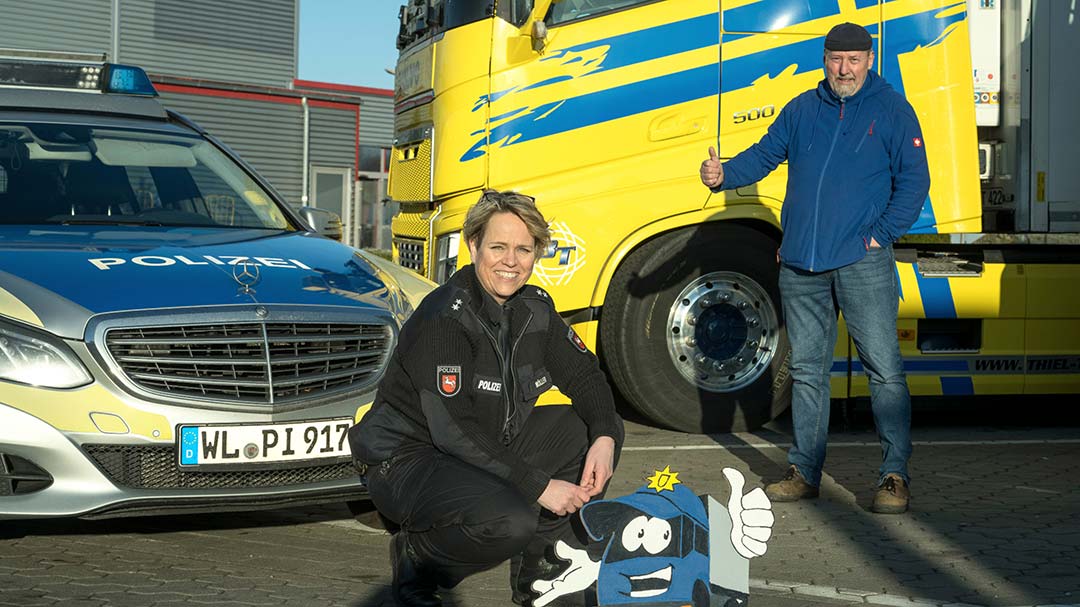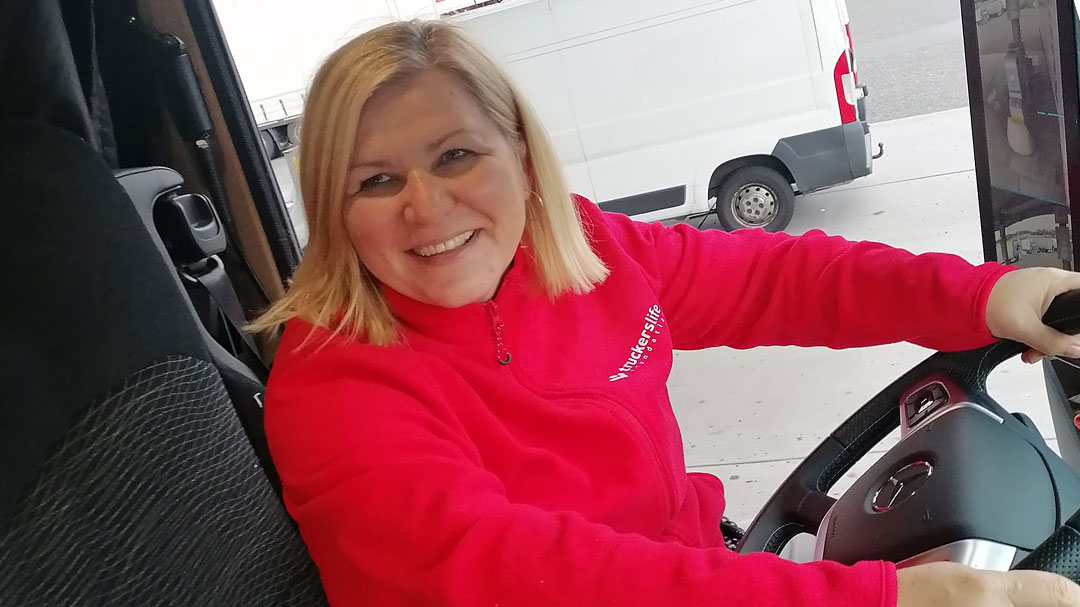Text: Juliane Gringer
Photos: Maria Senz, Pixaby
Transport and logistics decision-makers are under a lot of pressure. Mental and movement coach Maria Senz explains how they can deal with this pressure and even use it productively.

»If energy prices rise, I can start thinking about alternatives. The consequence: independence.«
Maria Senz, Mental and Movement Coach
»When a goal is scored in football, everyone cheers, jumps up and shouts in excitement. We know the scene, and it’s really moving! I think logisticians could take some inspiration from this: create moments like this and celebrate your successes.«
Maria Senz, Mental and Movement Coach
PERSONAL DETAILS
Maria Senz is a mental and movement coach with a focus on sports: she supports people in achieving their personal and professional goals. She studied Business Administration with a focus on logistics and worked for 12 years at Rolls-Royce, the BMW Group and the Daimler Group, among others, before she trained as a systemic personal & business coach. She works primarily with athletes, coaches, sports associations and educational institutions, but also together with companies. Maria Senz belongs to the Die Sportpsychologen (The Sports Psychologists) network. She has always been passionate about sport. She works as a beach volleyball trainer and kite-surfing instructor. Her personal goal: in 2024 she wants to accompany a sports team to the Olympic Games as a mental coach.







